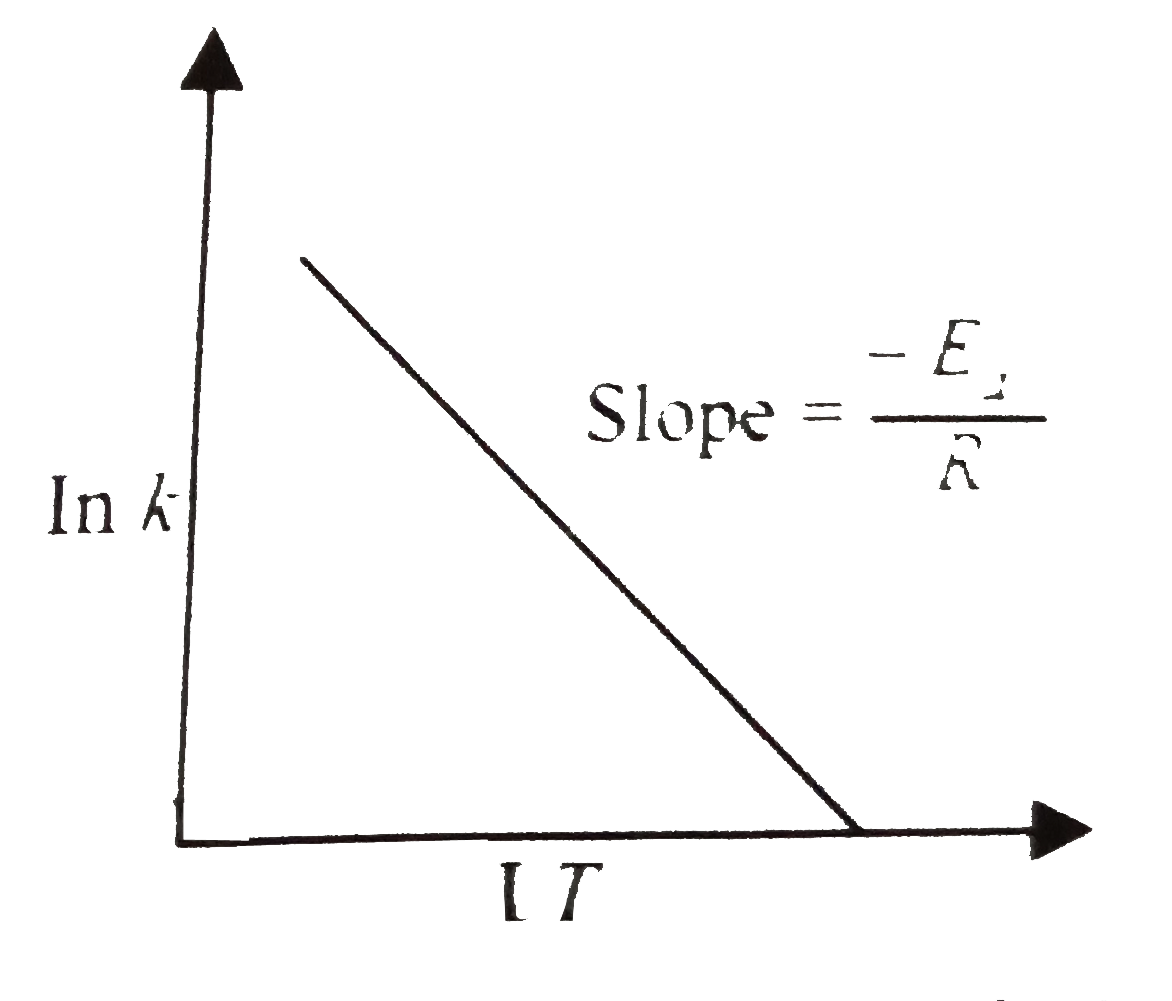The boiling point of 0.2molkg−1solution of X in water is greater than equimolal solution of Y in water.Which one of the following statement is true in the case?

Molecular mass of X is less than the molecular mass of Y
Y is undergoing dissociation in water while X undergoes no change.
X is undergoes dissociation in water.
Molecular mass of X is greater then the molecular mass of Y.
The correct Answer is:C
ΔTb=iKbm
For equilbrium solutions, elevation in boiling point will be higher of solution undergoes dissociation i.e.,i>1
Topper's Solved these Questions
- SOLUTIONSBOOK - A2ZCHAPTER - SOLUTIONSEXERCISE - AIIMS Questions
32 Videos
- SOLUTIONSBOOK - A2ZCHAPTER - SOLUTIONSEXERCISE - Section D - Chapter End Test
30 Videos
- SOLUTIONSBOOK - A2ZCHAPTER - SOLUTIONSEXERCISE - Section B - Assertion Reasoning
16 Videos
- SOLID STATEBOOK - A2ZCHAPTER - SOLID STATEEXERCISE - Section D - Chapter End Test
30 Videos
- SURFACE CHEMISTRYBOOK - A2ZCHAPTER - SURFACE CHEMISTRYEXERCISE - Section D - Chapter End Test
30 Videos
Similar Questions
The boiling point of 0.2molkg−1 solution of X in water is greater than equimolal solution of Y in water. Which of the following statements is true in this case?
View SolutionIf the freezing point of 0.1 molal solution of X in water is more than 0.1 molal solution of Y in water then which among the following conclusion can be drawn?
View Solution
Knowledge Check
The boiling point of 0.2molkg−1 solution of X in water is greater than equimolal solution of Y in water. Which one of the following statements is true in this case?
AMolecular mass of X is less than the molecular mass of Y.BY is undergoing dissociation in water while X undergoes no change.CX is undergoing dissociation in water.DMolecular mass of X is greater than the molecular mass of YThe boiling point of 0.2molkg−1 solution of X in water is greater than equimolal solution of Y in water. Which of the following statements is true in this case?
AY is undergoing dissociation in water while X indergoes no changeBX is undergoing dissociation in waterCMolecular mass of X is greater than the molecular mass of YDMolecular of X is less than the molecular mass of Y.The boiling point of 0.2molkg−1 solution of X in water is greater than equimolal solution of Y in water. Which of the following statements is true in this case?
AMolecular mass of X is less than molecular mass of YBY is undergoing dissociation in water while X undergoes no changeCX is undergoing dissociation in waterDMolecular mass of X is greater than the molecular mass of Y
The boiling point of 0.1MKCl solution is ………..than 100∘C.
View SolutionThe boiling point of 0.1MKCl solution is ………..than 100∘C.
View SolutionAlcohol has a boiling point greater than the boiling point of water.
View SolutionThe boiling point of 0.2molkg−1 solution of X in water is greater than equimolal solution of Y in water. Which of the following statements is true in this case?
View SolutionWhich of the following solutions in water has highest boiling point?
View Solution
